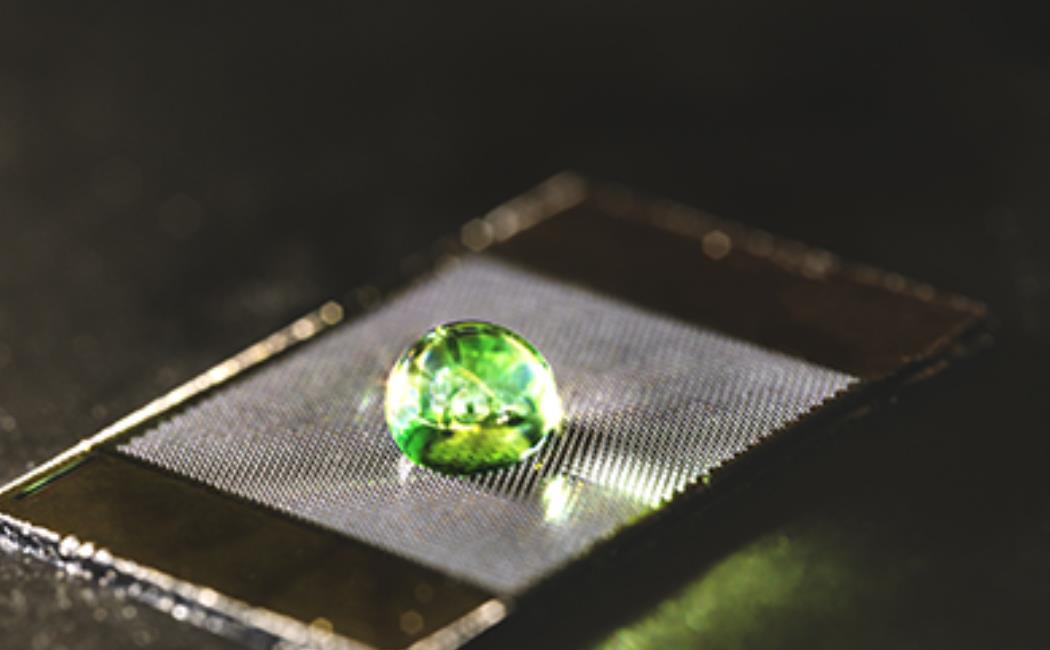
Bio-inspired materials decrease drag for liquids
06 September, 2018
An eco-friendly coating-free strategy has now been developed to make solid surfaces liquid repellent, which is crucial for the transportation of large quantities of liquids through pipes. Researchers from KAUST’s Water Desalination and Reuse Center have engineered nature-inspired surfaces that help to decrease frictional drag at the interface between liquid and pipe surface.
Piping networks are ubiquitous to many industrial processes ranging from the transport of crude and refined petroleum to irrigation and water desalination. However, frictional drag at the liquid–solid interface reduces the efficiency of these processes.
Conventional methods to reduce drag rely solely on chemical coatings, which generally consist of perfluorinated compounds. When applied to rough surfaces, these coatings tend to trap air at the liquid–solid interface, which reduces contact between the liquid and the solid surface. Consequently this enhances the surface omniphobicity, or ability to repel both water- and oil-based liquids.
“But if the coatings get damaged, then you are in trouble,” says team leader, Himanshu Mishra, noting that coatings breakdown under abrasive and elevated temperature conditions.